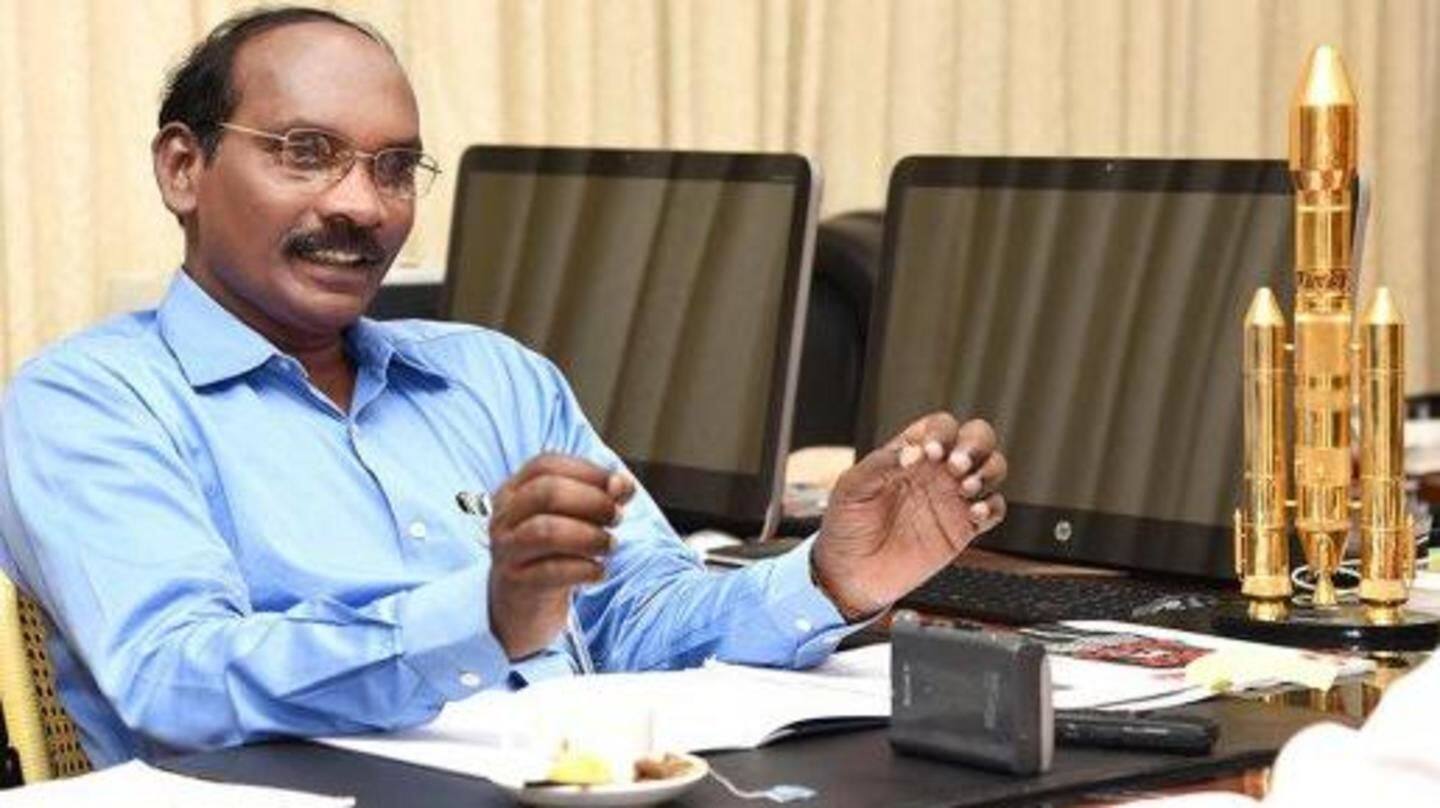
No privatization plans, but will take private-players' help: ISRO Chairman
What's the story
ISRO Chairman K Sivan has dismissed controversial allegations of him attempting to privatize ISRO. India currently has 45 satellites in space, but needs another 45, he added. The rate of launch has drastically fallen, but that's because ISRO is ensuring checks and re-checks of all satellites after the GSAT-6A failure, Sivan added. Next in line are the GSAT-29, GSAT-11 and GSAT-20.
Delay
'A dip in ISRO activity in the last 60-70 days'
Talking about the delay in projects, Sivan admitted there's been "a dip in ISRO activity in 60-70 days." "We have satellites which are ready to be launched," he claimed, but "in the backdrop of the GSAT-6A failure, we don't want to take chances." "We're checking and re-checking satellites ready to be launched." The GSAT-11 was called back from Guyana as they thought it's having problems similar to GSAT-6A.
Privatization
'Agreements signed with three firms for manufacturing 20 satellites'
Sivan dismissed allegations of attempting to "privatize" ISRO. If privatization means "handing over the agency to some private player," there's no question of privatization, he said. But "at ISRO, we seek cooperation from industry in manufacturing parts of satellites, and this isn't something new...In this sense of the term, we want privatization to happen." Agreements are already in place with three firms for manufacturing 20 satellites.
Chandrayaan-2
'Chandrayaan-2 is nothing less than the Apollo mission'
Sivan also addressed the much-awaited Chandrayaan-2 project, saying it is likely to be launched by year-end. "We have faced some difficulties, because Chandrayaan-2 mission is the most complex mission attempted by ISRO so far." Of 47 lunar landings in history, 27 have failed, he said. "So we set up a committee of eminent scientists which studied the project and suggested changes."
Plans
'No plans of sending humans to the moon right now'
Asked about sending humans to the moon, Sivan said ISRO doesn't have any such plan now. "But we're working on the project. We're eager. But we're waiting for the right time." "At the moment our focus is on satellite missions," he added. The three satellites to be launched next, along with those already in orbit, will provide 100 Gbps capacity for Digital India.